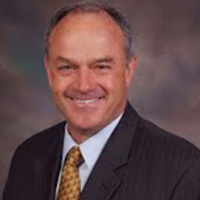Philadelphia Criminal Lawyer, Pennsylvania, page 4
Sponsored Law Firm
-
 x
x

Click For More Info:
-
The McGarrigle Law Firm
1500 Walnut Street, 22nd Floor Philadelphia, PA 19102» view mapWhite Collar Crime, Criminal Appeals, DUI&DWI Trial Experience & Zealous Advocacy
The Firm’s devoted attention to your individual concerns, our vast trial experience in all types of criminal matters, and our skillful advocacy will ensure that your rights are protected.
800-934-5330
Lee Ciccarelli
✓ VERIFIEDLee Ciccarelli is the founder and motivating force behind Ciccarelli Law Offices, a lawfirm with a team approach aimed at engaging our clients while p... (more)
Peter McHugh
✓ VERIFIEDMy name is Peter J. McHugh and for years I’ve been protecting the rights of people just like you — people whose reputations, livelihoods, and asse... (more)
Lee Ciccarelli
✓ VERIFIEDLee Ciccarelli is the founder and motivating force behind Ciccarelli Law Offices, a lawfirm with a team approach aimed at engaging our clients while p... (more)
Michael J. Reed
✓ VERIFIEDMichael Reed practices law in Pennsylvania. He attended Villanova Law and have practiced for more than 25 years in Chester County. The cases have been... (more)
FREE CONSULTATION
CONTACTFREE CONSULTATION
CONTACTFREE CONSULTATION
CONTACT
 Daniel McGarrigle Philadelphia, PA
Daniel McGarrigle Philadelphia, PA TestimonialsRecent Reviews
TestimonialsRecent Reviews Contact UsCall or Email
Contact UsCall or Email




